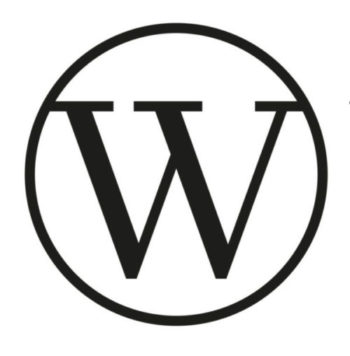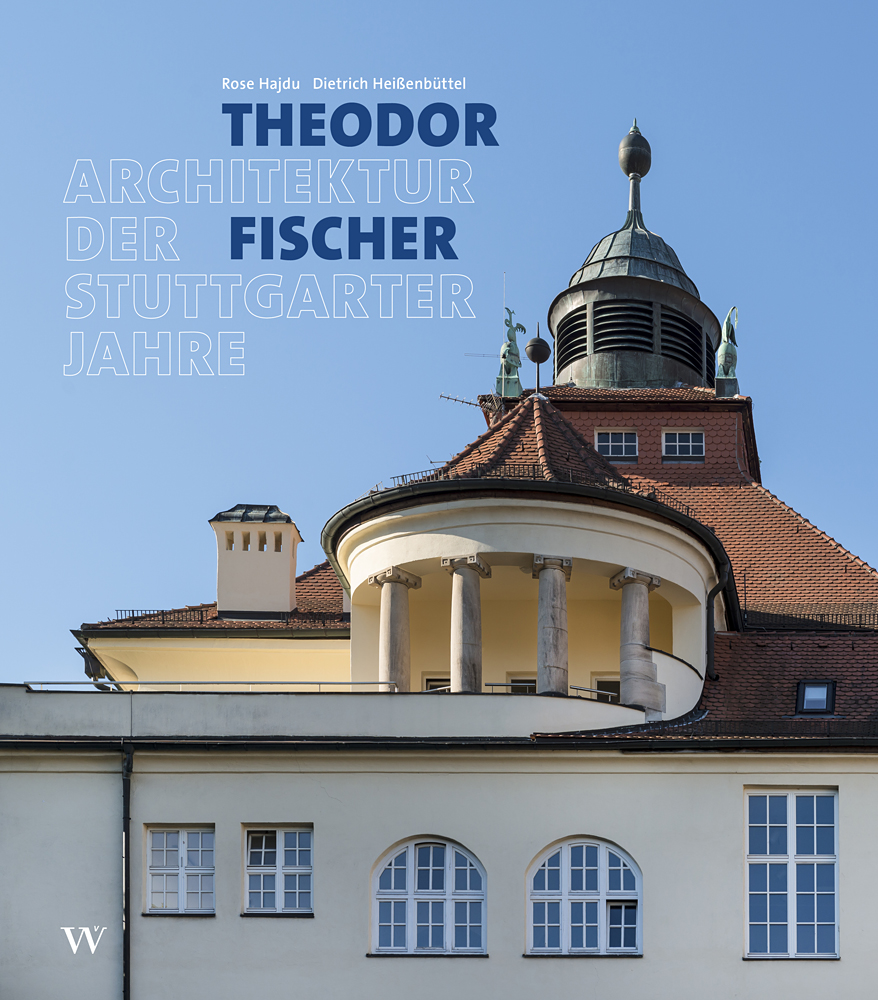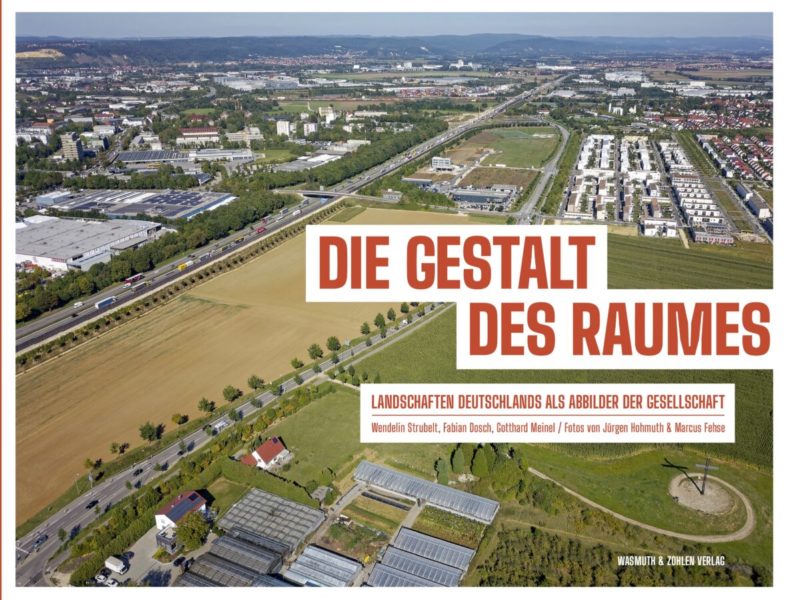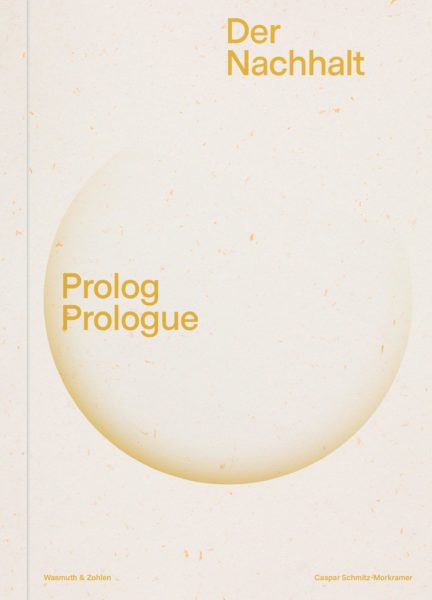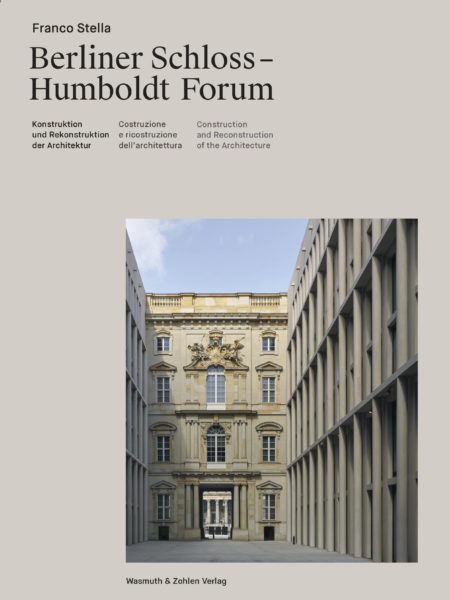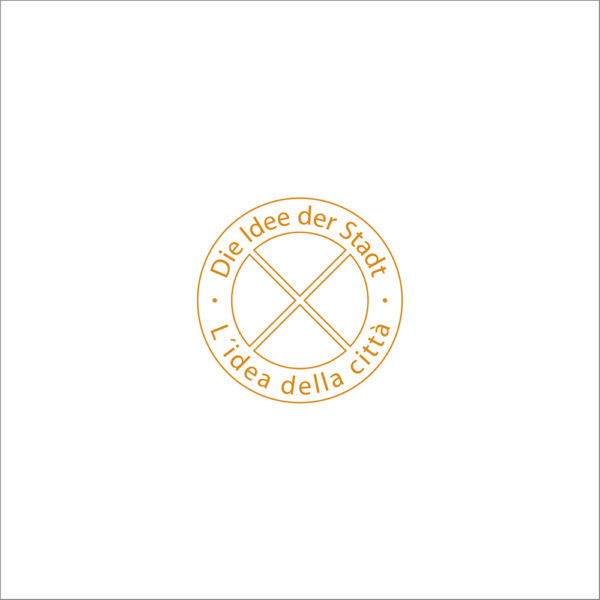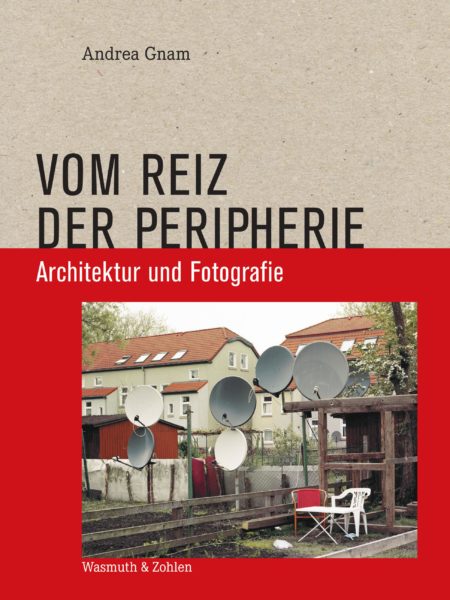Theodor Fischer. Architektur der Stuttgarter Jahre
At the beginning of the 20th century, there was hardly a more influential architect than Theodor Fischer. No one was so quick to pick up on all the new developments of the time, to process them independently, but also to set his own impulses. As the "actual educator of an entire generation of architects" (Fritz Schumacher), he shaped the early development of modernism like no other master builder. In 1901 he came to Stuttgart. It was the beginning of his teaching career and the most prolific period for his development as an architect.
- Author: Rose Hajdu, Dietrich Heißenbüttel
- ISBN: 978 3 8030 0795 7
- Size: 24,5 × 27,5 cm. Hardcover
- Edition: 1st edition, original edition
45,00 €
incl. 7% VAT
zzgl. Versandkosten
-
With almost every new building, the architect Theodor Fischer sets new standards. In contrast to the preceding historicist architecture, but also to Art Nouveau, Fischer always plans from scratch, starting from the respective requirements: In Gaggstatt, he achieves a completely new organization of the church interior. The Heusteig School had an exemplary effect far beyond Stuttgart. The Reutlingen workers’ settlement of Gmindersdorf can be seen as Germany’s first garden city. A warehouse in Stuttgart’s Talstrasse, now largely destroyed, is one of the first reinforced concrete skeleton buildings. Fischer found a patron in Louis Laiblin, the heir of a Pfullingen paper manufacturer, and another in Gustav Siegle from Stuttgart. Thus the Pfullingen Halls, the Schönberg Tower, Laiblin’s Erlenhof residence, workers’ houses in both towns and the Gustav Siegle House in Stuttgart were built. Many buildings from Fischer’s Stuttgart years are amazingly well preserved, and some were rebuilt in modified form by his students after the war. They are presented here in photographs by Rose Hajdu and explained in expert texts by Dietrich Heißenbüttel, which aim to bring back to consciousness the work of this important German architect and urban planner in the period of his greatest effectiveness, also to make his teachings fruitful again for today.
Read in:
Deutsch -
Weight 1.230 kg Author Rose Hajdu, Dietrich Heißenbüttel Photos Rose Hajdu Text Dietrich Heißenbüttel Preface Reinhard L. Auer ISBN 978 3 8030 0795 7 Size 24,5 × 27,5 cm. Hardcover Number of pages 208 pages Illustrations 248 mostly colored illustrations Languages German Edition 1st edition, original edition Release January 2018
